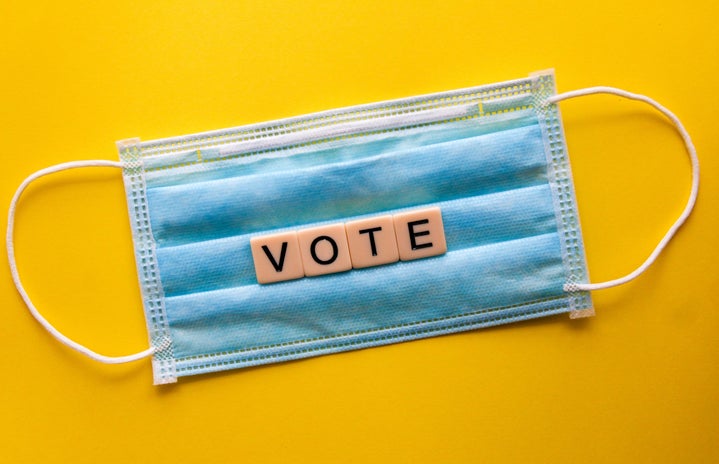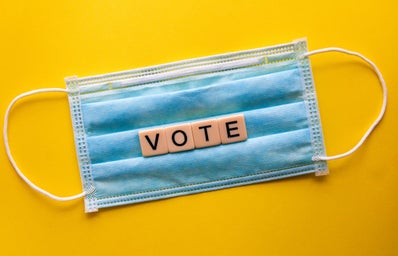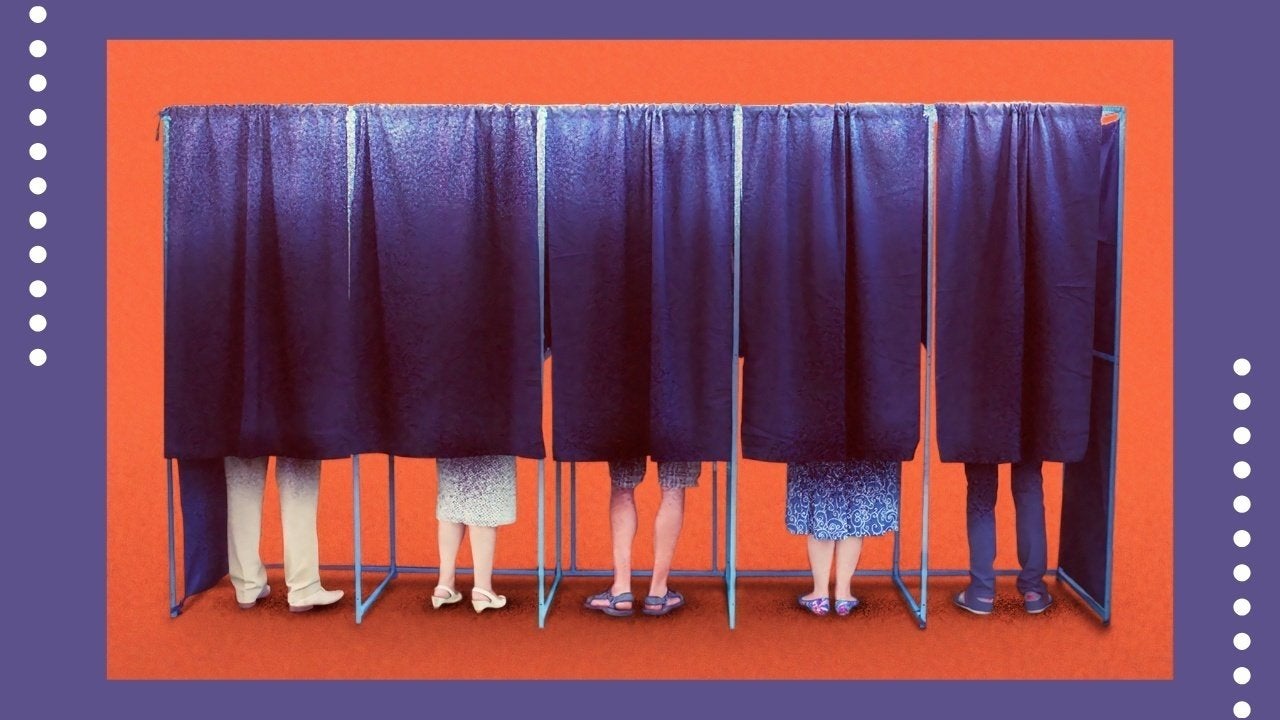This Tuesday, November 2, Terry McCauliffe (D), Virginia’s governor from 2014 to 2018, is running against Glenn Youngkin (R), Princess Blanding (Libertarian), and Paul Davis (I) in Virginia’s gubernatorial election. The race is projected to be incredibly close, with McCauliffe leading by just a mere 1% over Youngkin. Democrats have won nearly all of the elections over the past couple of decades in Virginia, thanks in part to the Asian American vote that heavily leans to the Democrats.
Despite the Asian American community’s tendency to vote blue, their vote is often taken for granted. Many Democrats believe that Asian American votes are guaranteed. This is not the case, however, as many Asian Americans do vote Republican. In fact, it was only around 1998 that the majority of Asian voters voted Democratic; previously, the community leaned Republican in nearly all major elections. The group currently tends to hold more progressive views, especially as the demographic of voters continues to become younger.
Many candidates, including Biden in the 2020 election, focus their efforts on the Asian American vote only a few weeks before the election. There is a limited long-term commitment that shows candidates value the Asian American community. The community has fewer connections to politicians than groups such as white voters do, so it is even harder for them to access the type of political outreach and advocacy that other communities receive.
If Democrats want to make sure they have our votes, they need to spend more resources on outreach and advocacy on behalf of our wants and needs. Every minority group wants to feel respected and heard, and the Asian American community is no different, despite the popularized myth of being the “model minority.”
Former Governor Terry McAuliffe has been better at gaining early support from the community this election. Asian American delegate Mark Keam has been rallying support on behalf of McAuliffe and believes that Asian Americans are more enthusiastic about this election than they have been about previous ones.
Education has also been a top priority on McAuliffe’s agenda if he were to take office, an issue to which the Asian American community assigns great importance. Throughout his campaign, McAuliffe has also emphasized Youngkin’s disregard for the issue of the pandemic and has promised to protect our teachers and students returning to schools after over a year of quarantine.
The number of Asian Americans in the US, although still a minority, is growing rapidly and will continue to hold increasing influence over the vote. In fact, they are the fastest-growing ethnic group and are projected to be the largest immigrant group by 2050. Asian Americans have also been known to have low voter turnout, but this number has also been growing in recent elections.
Therefore, it is important that politicians and parties work on building a solid relationship with Asian American voters now so they are not left scrambling for votes down the line when it is too late. The community is very family-oriented, and oftentimes, values that influence political alignment pass down steadily. If politicians work on securing the trust of this community now, it is more likely for this relationship to hold through future generations.



